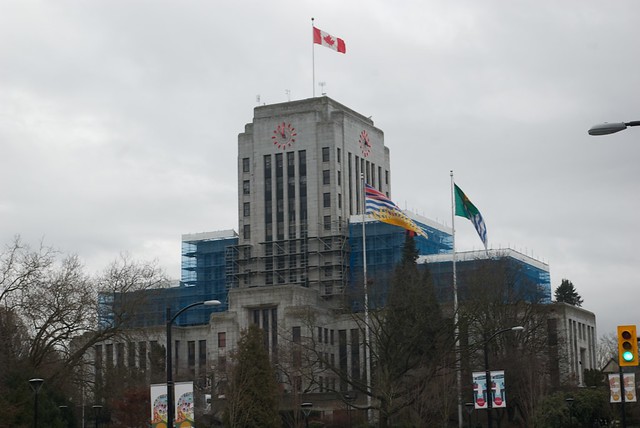In the 2008 election, Vision Vancouver and Gregor Robertson recognized that to win an election in progressive Vancouver, politicians needed to talk the talk of progressive politics. For Vision this meant rallying Vancouver around the bold idea of addressing the housing crisis and Ending Homelessness. Electorally, it meant a compromise with COPE, Vancouver’s traditional progressive party. COPE and Vision would work together under the “big umbrella” of progressive change, with COPE running only two councilors.
Today, after three years of a Vision majority on City Council, the progressive spirit chosen in the 2008 municipal elections is nowhere to be found. The party who promised to end homelessness and address affordability has turned out to be its mirror opposite, giving millions in tax breaks to developers, decreasing the corporate tax rate to the lowest in the world, forcibly closing homeless shelters, cutting services, hiring millions of dollars of additional police officers, and deepening the affordability crisis at every possible turn.
This month, the members of COPE will have to decide whether or not to enter into another electoral deal with Vision. Members will be presented with that choice at a COPE general meeting on June 26, 2011. Here are ten reasons COPE members ought to reject the deal as proposed, and instead support an independent progressive party in the 2011 municipal elections:
1. Affordable Housing….



